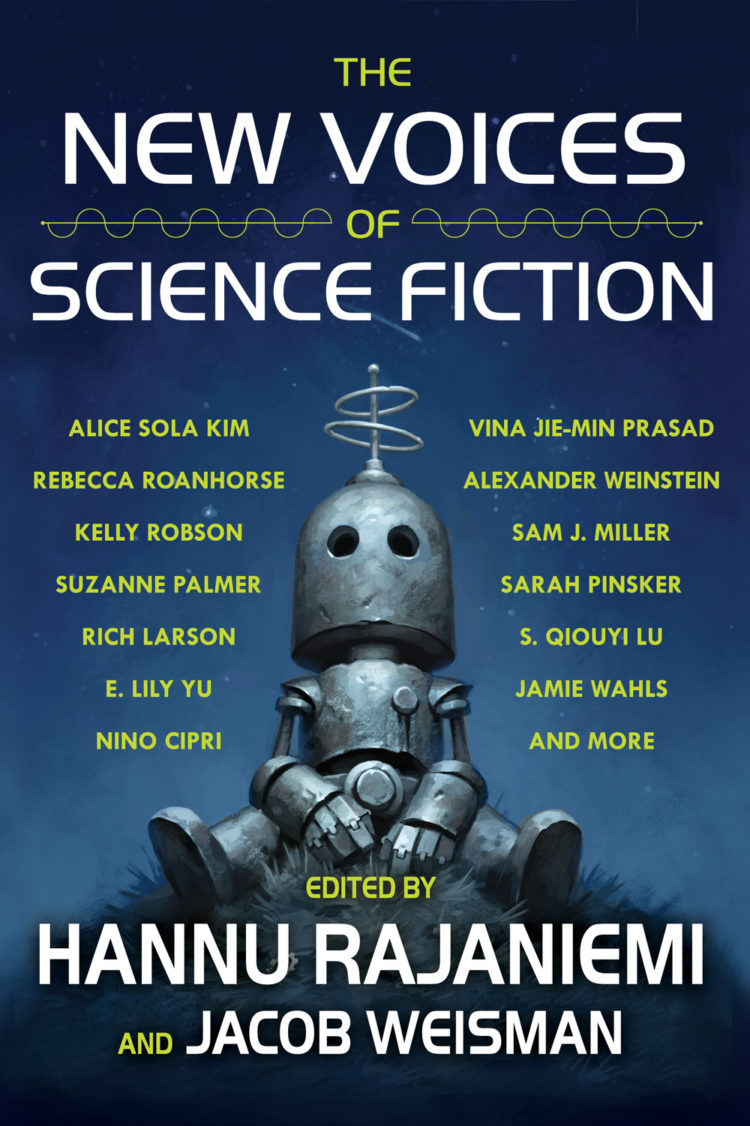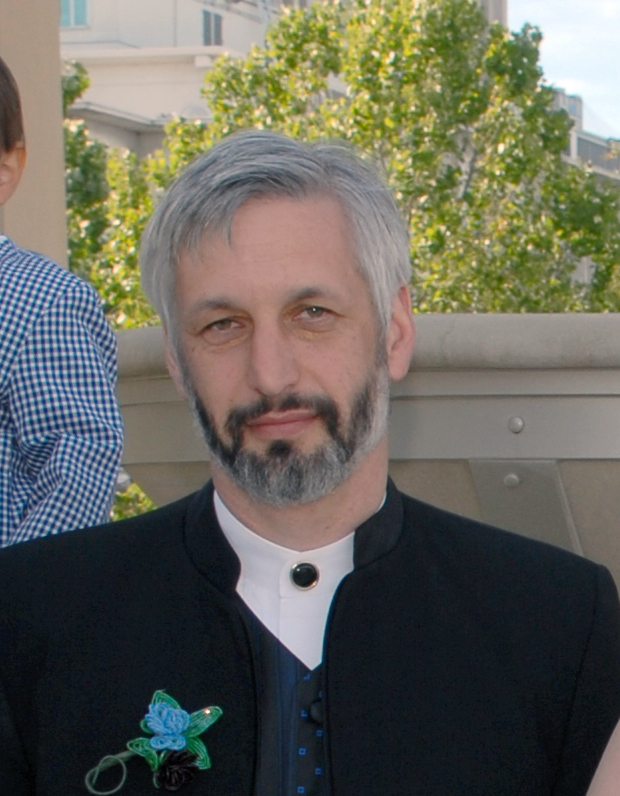THE NEW VOICES OF SCIENCE FICTION gives plenty of hope that the future of future fiction is in good hands
Hannu Rajaniemi and Jacob Weisman‘s THE NEW VOICES OF SCIENCE FICTION continues to impress.

For LOCUS, Paul Di Filippo praises the anthology.
By this, am I declaring these new voices unoriginal? Far from it! I am honoring them as shining bright avatars of all the classical gods and goddesses of SF who came before them. Deploying the toolkit and concerns bequeathed by their literary ancestors, they are extending the reach of the genre not by plowing under everything that was built before and salting the earth, but by erecting new superstructures on old foundations—or perhaps new eco-communes in the shadow of dinosaur cities. It’s the way the field has always moved forward, and this volume gives plenty of hope that the future of future fiction is in good hands.
STRANGE ALLIANCES feels much the same.
These writers demonstrate the breadth of concepts and worlds with which science fiction writers can create a delicious buffet of stories for readers to gorge themselves on and that, for emerging writers in the genre, there will always be plenty of room for stunning originality.
John C. Adams of THE BRITISH FANTASY SOCIETY continues the trend.
The anthology itself is so varied that, whatever your taste, you’ll find plenty that sparks the quivering dread of what’s to come which is a hallmark of a truly excellent volume of SF.

Hannu Rajaniemi 
Jacob Weisman
At BLACK GATE, James Van Pelt showcases Jason Sanford’s and Samantha Mills’ tales from the book to illustrate his feelings.
THE NEW VOICES OF SCIENCE FICTION entertained me consistently, and moved me several times. Weisman and Rajaniemi picked winners for the table of contents.
Contributor Lettie Prell discusses science fiction versus speculative fiction, name checking legendary editor Judith Merrill and THE NEW VOICES OF SCIENCE FICTION along the way.
I remembered editor Judith Merrill had written on the topic of science fiction and speculative fiction, and dug around in my bookcase till I found it, in the introduction to SF: The Best of the Best, published in 1967 by Dell. I was humbled to read her words: “Science fiction as a descriptive label has long since lost whatever validity it might once have had. By now it means so many things so many people that—even though there are more and more people to whom it means something—I prefer not to use it at all.” And here I’d so blithely offered a definition to the class that, in retrospect, doesn’t begin to cover it all.
Merrill goes on to explain why she used the initials SF in the anthology’s title: “[It] allows you to think science fiction if you like, while I think science fable or scientific fantasy or speculative fiction, or (once in a rare while, because there’s little enough of it being written, by any rigorous definition) science fiction.” Wow, and this was back in 1967. Fast-forward to an anthology like THE NEW VOICES OF SCIENCE FICTION (Tachyon, 2019), and her words about the term would fit just as well.
